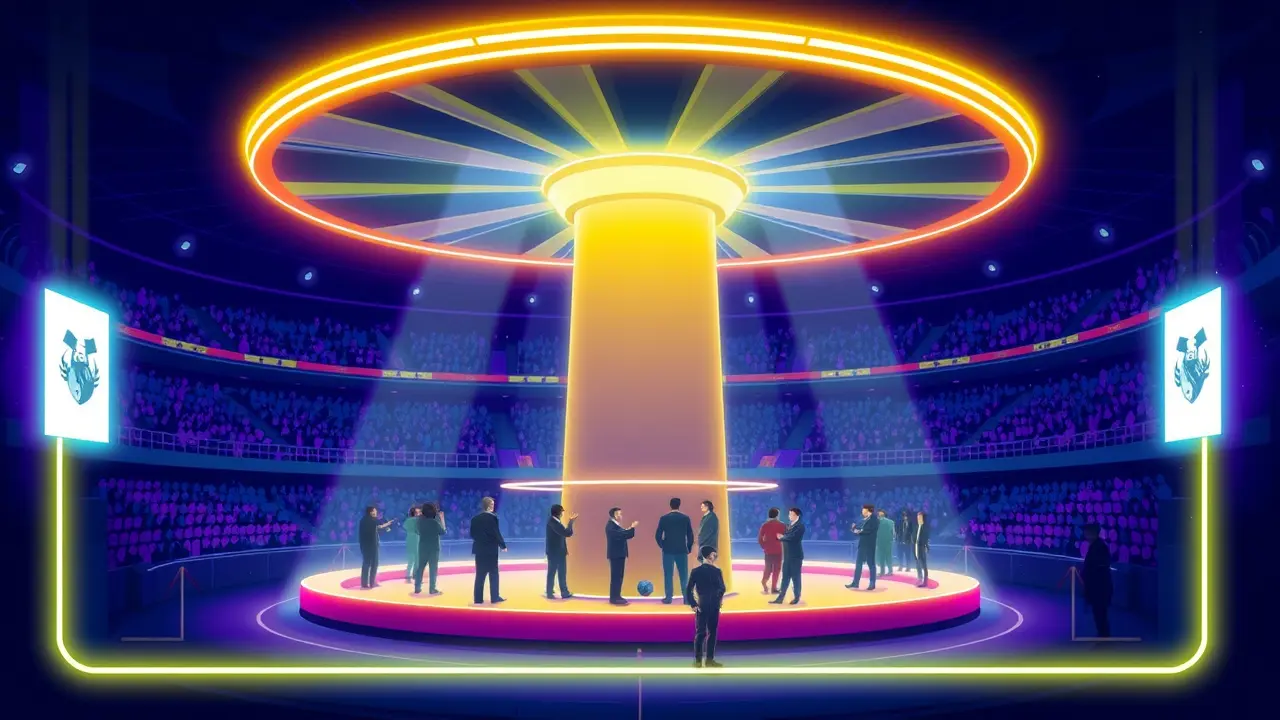🎧 Firing, rehiring and lots and lots of sighing
Another week, another dizzying spin on Watford's managerial merry-go-round, a spectacle that's becoming less about football and more about a fascinating case study in organizational chaos theory. While the Pozzo family's notorious revolving door policy has seen them cycle through an astonishing 21 managers since 2012—a statistic that would make even the most trigger-happy club chairman blush—the question posed on the 72+ podcast, 'Where should they be?' cuts to the very heart of the modern game's identity crisis.Looking purely at the league table, a cold, hard analytical snapshot, Watford might appear 'okay,' perhaps hovering in a mid-table position that belies the turmoil beneath. But football isn't played on a spreadsheet; it's a narrative built on momentum, trust, and a coherent sporting project, all of which are systematically dismantled with every hastily printed P45.Compare this to the stability of a Sir Alex Ferguson at Manchester United, whose 26-year reign was built on a foundation of long-term vision and yielded 13 Premier League titles, or the transformative project underway at rivals Arsenal under Mikel Arteta, where a clear philosophy is being implemented with painstaking patience. The data is unequivocal: a study of managerial tenure across Europe's top five leagues consistently shows a strong correlation between stability and sustained success, with clubs who resist the sacking impulse typically outperforming their more volatile counterparts over a multi-season horizon.What we're witnessing at Vicarage Road is a fundamental misunderstanding of this principle, a belief that a squad of players can seamlessly adapt to a new tactical dogma every six months, a process as jarring as asking a symphony orchestra to switch conductors mid-performance. The human cost is immense; players become cynical, performances become transactional, and the club's soul is eroded, replaced by the hollow clatter of the turnstile.Meanwhile, the brief but poignant drama of Birmingham chairman Tom Wagner venturing into the away end serves as a stark contrast—a raw, unfiltered attempt at connection in a sport increasingly dominated by distant ownership. It’s a gesture that, while perhaps born of desperation, speaks to a yearning for authenticity that Watford’s model so glaringly lacks.The long-term consequences of this perpetual instability are a poisoned chalice for any incoming manager, a fanbase perpetually on the brink of disillusionment, and a playing squad that becomes increasingly difficult to motivate, creating a vicious cycle where the 'quick fix' of a sacking only deepens the very problems it was meant to solve. In the grand calculus of football, Watford may be 'doing okay' on points, but they are failing miserably in building anything of lasting value, a cautionary tale where the relentless pursuit of short-term gain threatens to become a long-term sentence to mediocrity.
It’s quiet here...Start the conversation by leaving the first comment.
© 2025 Outpoll Service LTD. All rights reserved.
